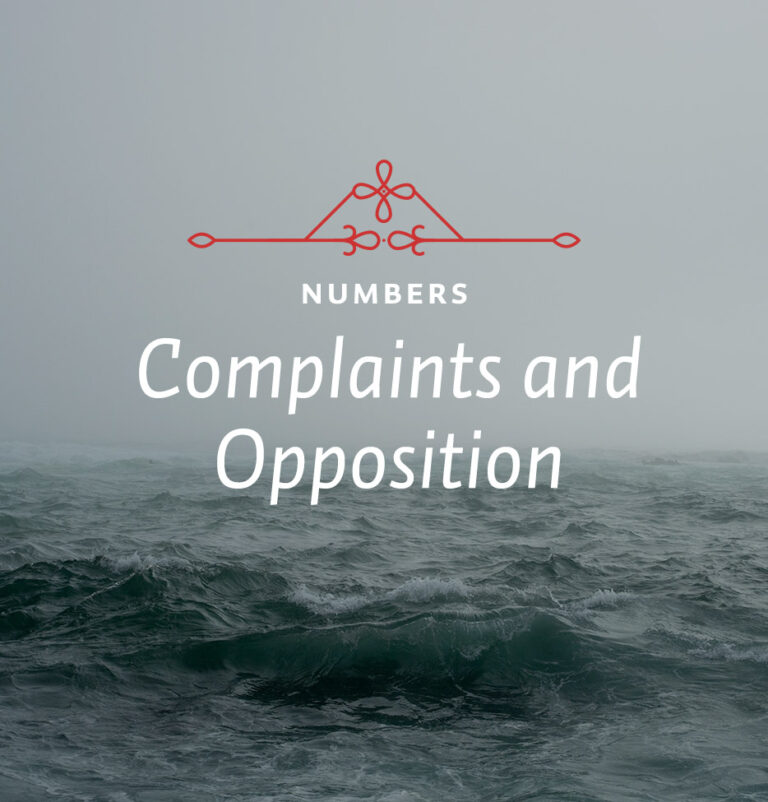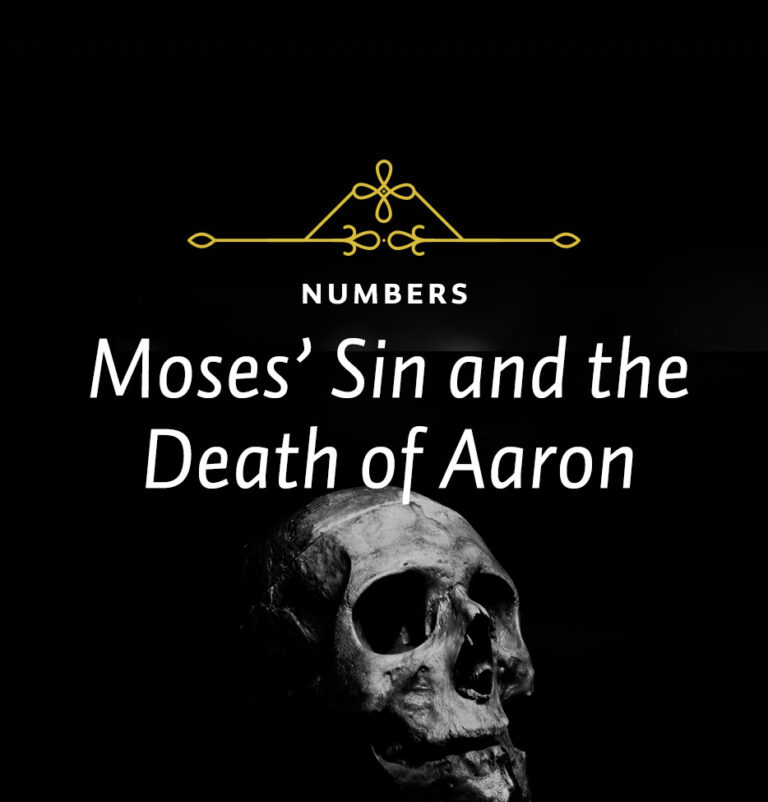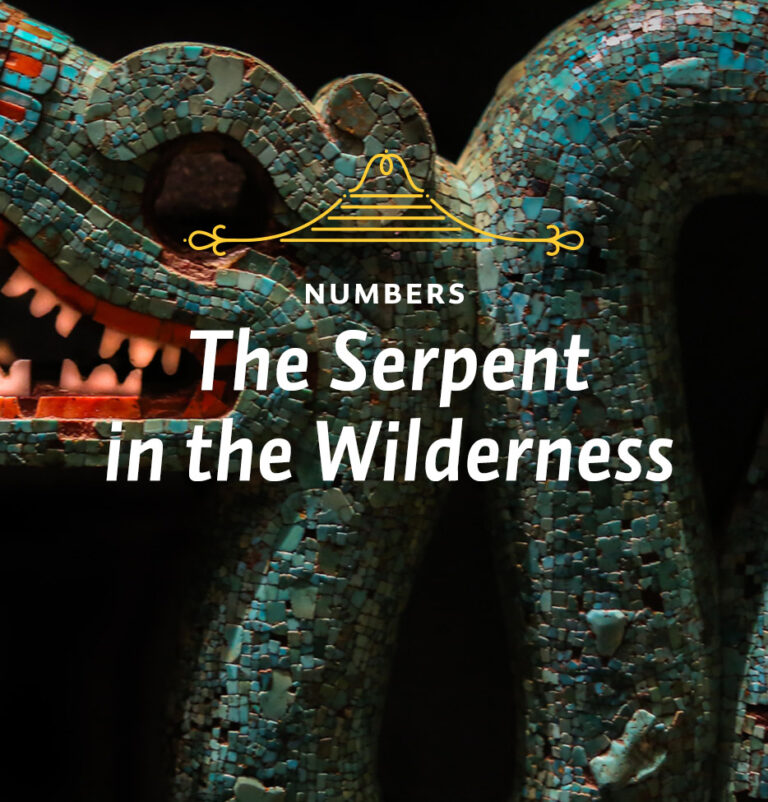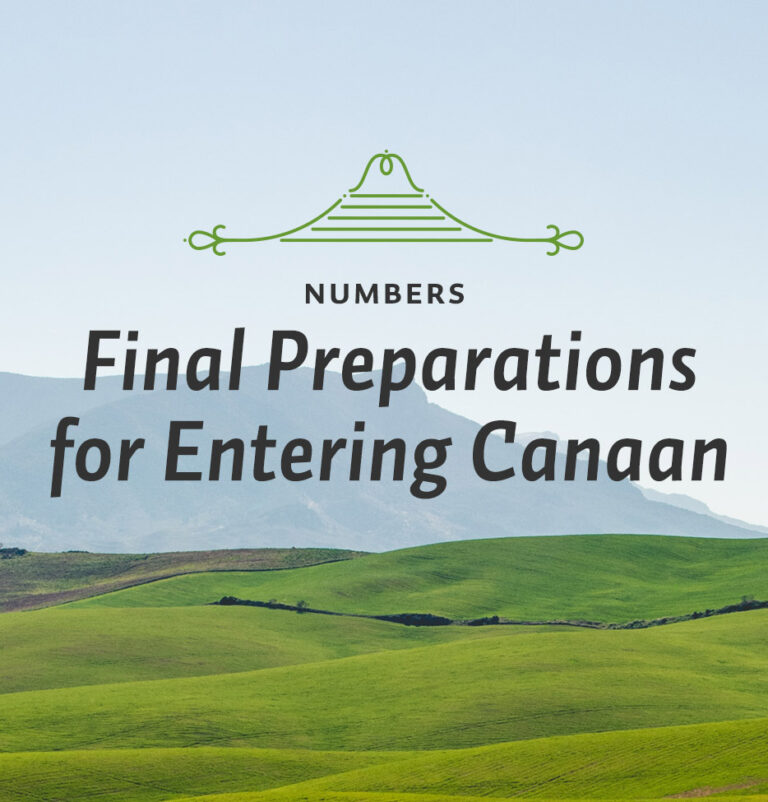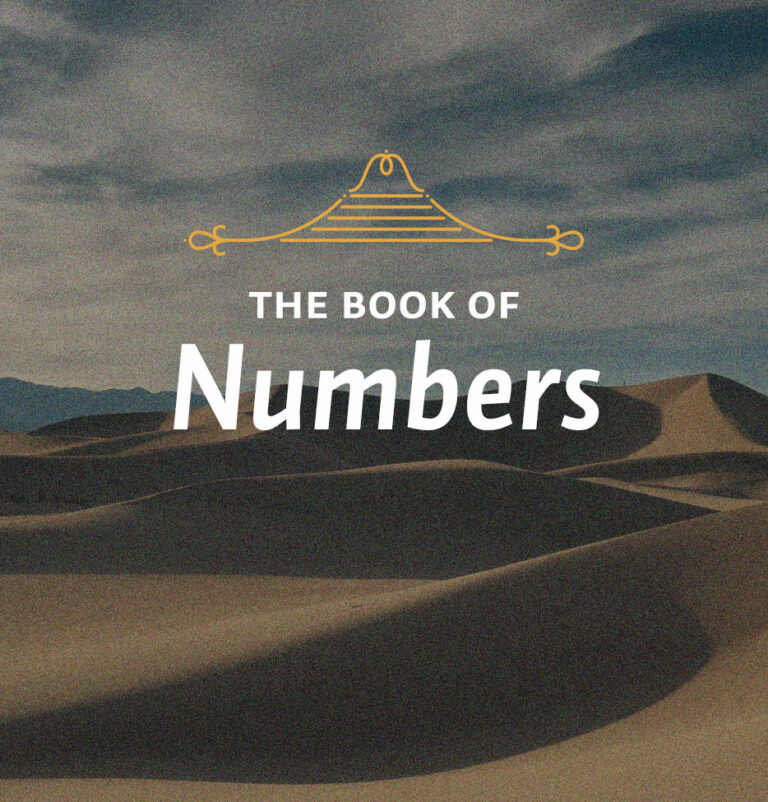
Monday: Numbers: An Overview
Let’s face it: Numbers isn’t the kind of book you just naturally pick up to while away a few hours on a weekend. It’s part of the Old Testament law, for one thing. That’s bad enough. None of us likes law very much. But in addition, it’s also called Numbers. Some who score very high on their achievement tests or who major in mathematics are interested in numbers. But the rest of us think they are generally pretty irrelevant. And this title isn’t an aberration either—it really is about numbers, at least the first section of the book is. It’s about the numbering of the tribes of the people of Israel, and the arrangement of their camp, and the purification of the people for their march. That’s just not terribly appealing. For the title of the sermon, someone had suggested that I call it “Numbers: An Audit,” since people do not find audits by the Internal Revenue Service appealing, either.


